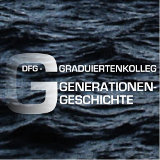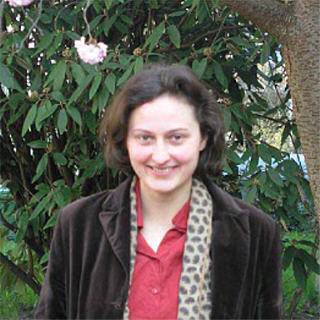Abstract Alexandra Retkowski
Social Social attitudes towards aging and dying have undergone great changes over the past decades; these changes coincided with transformations in intergenerational relationships within families. Hence aging and dying have become important topics in public life and warrant increased academic attention. The development is framed by a public discourse about demographic change and the ethical and legal questions concerning dignified aging and dying. In secularized, heterogeneous societies such as Germany individuals and families are finding a new praxis towards age and death, one that is more often informed by individually chosen than traditionally passed on beliefs and interpretations. My project enters precisely at this juncture, seeking to document and understand the process of coping with changes in intergenerational relationships at life's end.
In describing generational relationships in the family at the end of the parents life, the terms "role-changing" and "role-inversion" have been suggested as particularly apt in describing intergenerational relationships in the family at the end of parent's life, especially if the parents are infirm and need support. Physical or even financial hardships structurally transform parents into their own children's dependents, reversing not the chronology but numerous other factors taken for granted in generational succession. The resulting asymmetries present a challenge for generational relationships. Supporting parents through their infirmity takes time as well as physical and emotional strength. It can lead to conflicts (both inter- and intragenerational) about the past as well as about resources. Yet it can also be a time of special intimacy, solidarity and spirituality, because it is the final stage of a long and important relationship. The question, I pose about this period in intergenerational relationships is the following: how it is commemorated and thus passed on after the death of the parents?
My research is situated within the field of education and educational history and building on qualitative research methods from cultural anthropology and oral history. I will conduct several narrative interviews in order to inquire how frailty and death is communicated and which values and meanings are applied to this period of life. There are three main foci to the project:
- Each narrative interview will take place at least one year after the loss of the subject's parents. Thus allows a retrospective analysis of the last period of life, so the relation is not physically lived any more but has become a piece of remembrance.
- By focusing on the parents' "last period of life", that is, on their dying, the views about the generational change in the intergenerational system of the family can be fore grounded. The end of life is thus seen not from an individual but rather a relational perspective.
- The selected interviewees are of divergent ages, but all of them have children themselves. In this way, the meaning of generational relations will be reflected in terms of an interviewee's own position in his or her life course and generational succession. How do the children reflect and create the generational roles against the backgrounds of their own experience and in view of their own aging is a question that is further unfold. The interviews themselves have an intergenerational aspect as well: based on my age, I relate to the interviewee as a granddaughter, daughter or sister.
Answering this question requires connecting the categories "age" and "memory" to arrive at a grounded theory concerning shifts in intergenerational relations at life's end.

